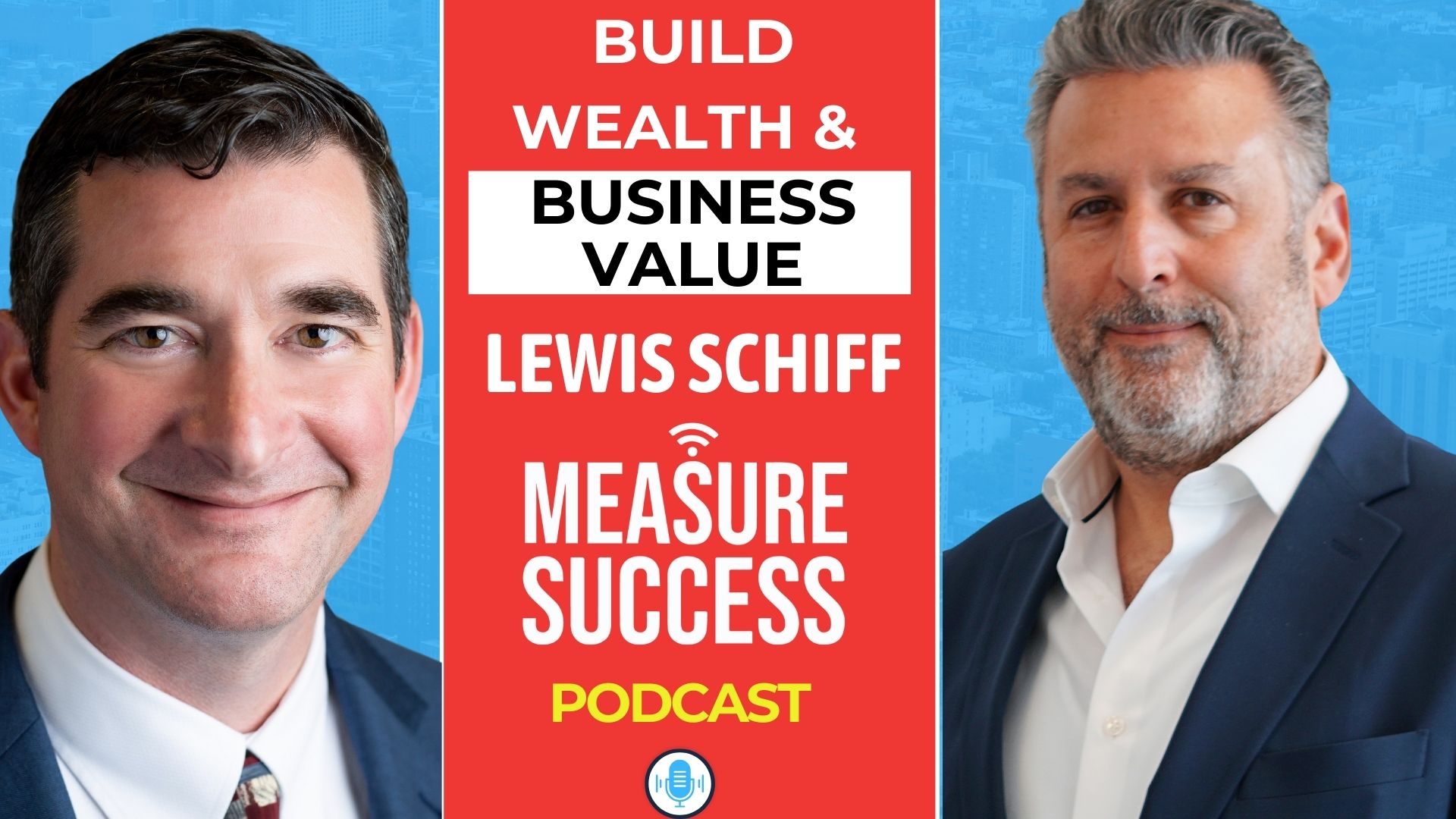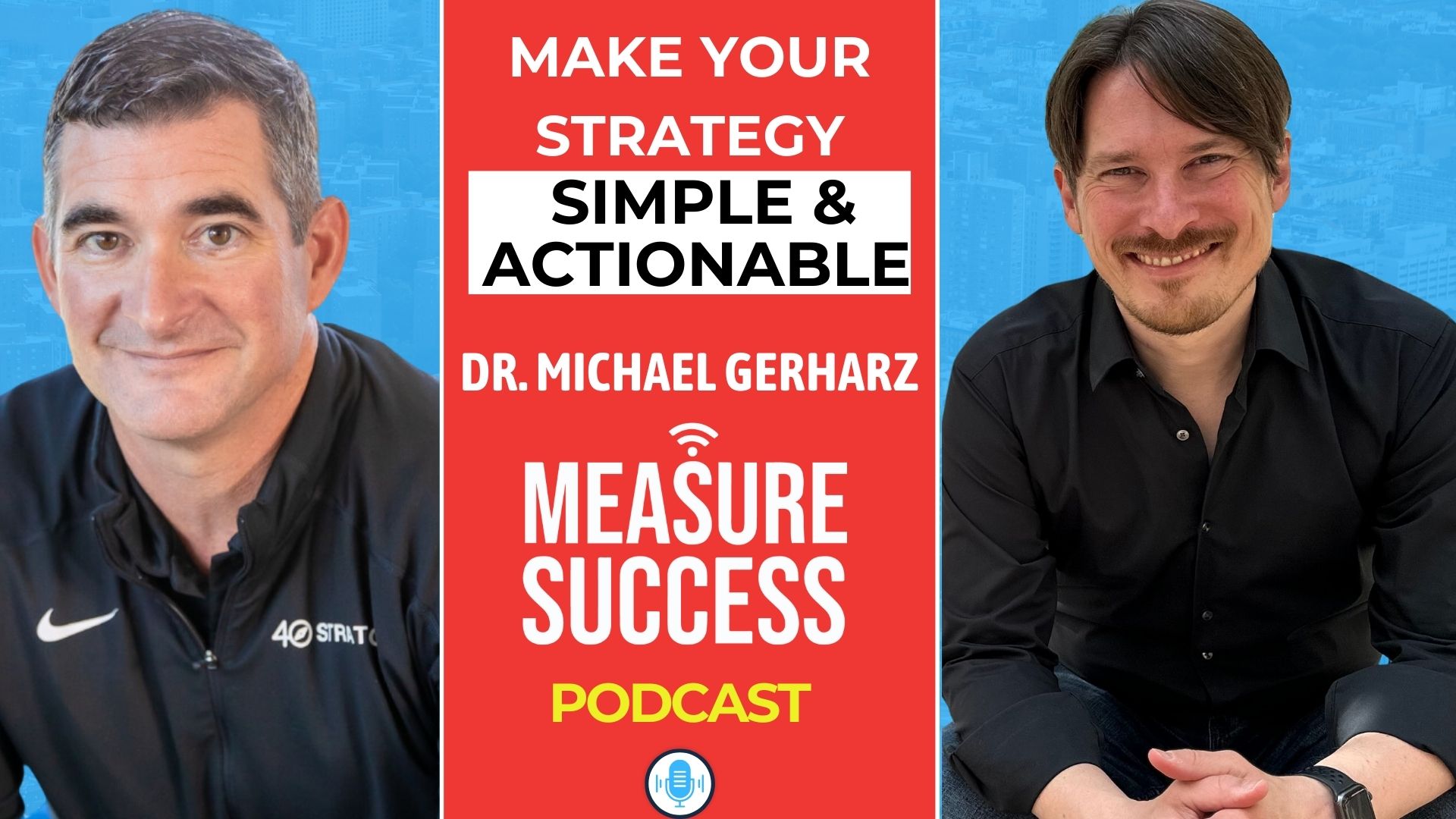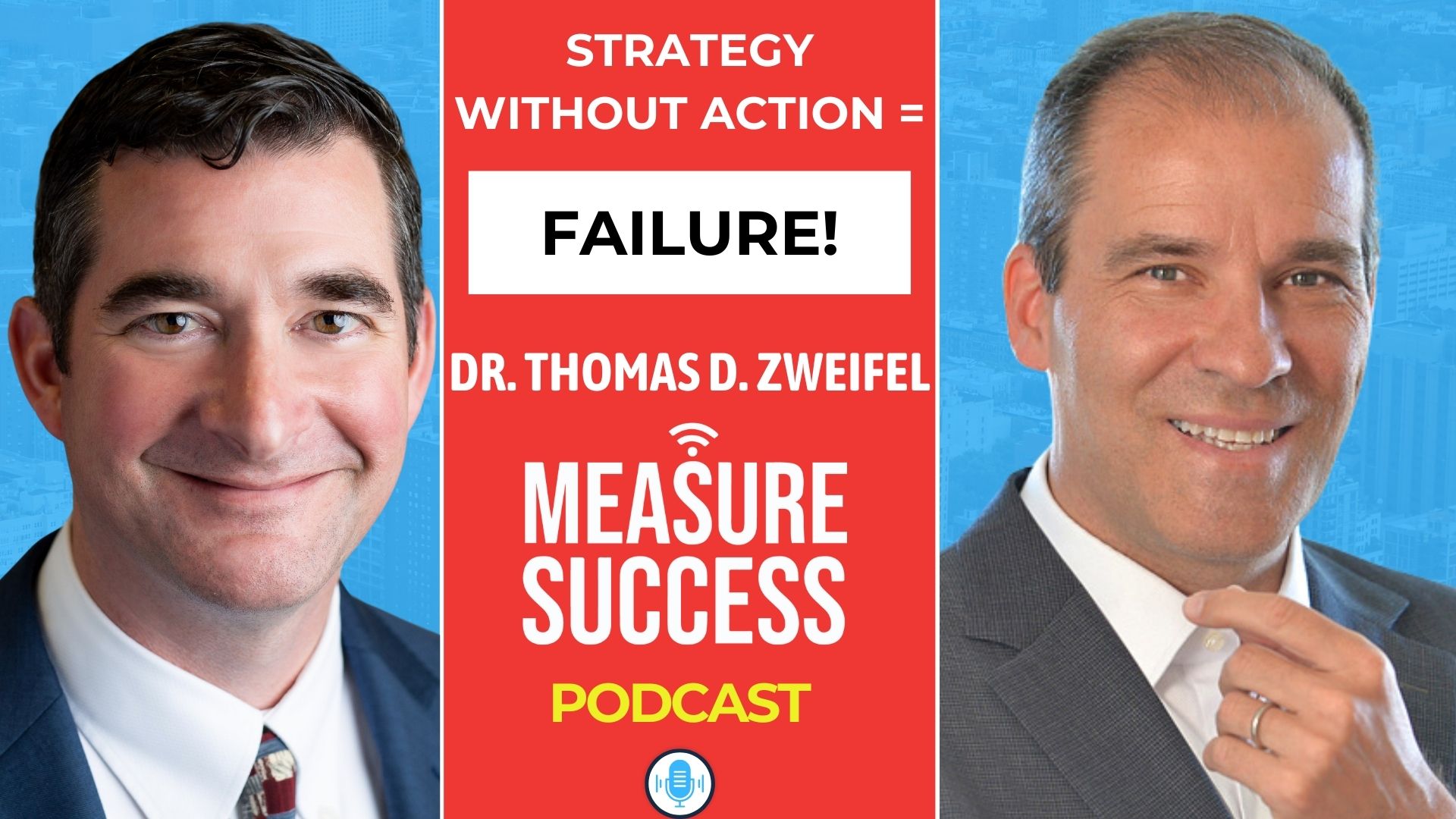
In 2019, Sean was recognized by Forbes as part of the “30 Under 30 in Science” cohort, and he was named as an “Entrepreneur Of The Year® 2020 Pacific Northwest Region Award Winner.” Sean also serves as a board member for the Oregon Bioscience Association, the Oregon Bioscience Incubator and OTRADI, and Life Science Washington. Sean is a graduate of the University of Arizona, where he studied biochemistry and molecular biology.
Here’s a glimpse of what you’ll learn:
- Sean McClain describes synthetic biology and how AbSci is revolutionizing the biopharma industry
- How AbSci shortens the timeframe for drug development from years to weeks
- What is Sean hoping AbSci will accomplish in the future, and what did we learn from the pandemic?
- Sean explains why investors are starting to see AbSci as the Google of synthetic biology
- What is AbSci doing to get the proper infrastructure in place to scale?
- Sean shares what keeps him up at night and what he’s learned from his mistakes
- Three techniques Sean suggests for dealing with the stress of a growing company
- How an accident forced Sean to take a step back so he could find the best path forward
- Sean shares his reading recommendations
In this episode…
Can technology help speed up the process for drug development? How is biomanufacturing hoping to help in the fight against disease? Have you heard of AbSci, the company being heralded as the Google of synthetic biology?
Meet Sean McClain, the Founder and CEO of AbSci and the visionary behind next-generation biotherapeutics. He started his company in 2011 with a determination to question what’s possible and believe in the impossible. Now, Sean’s innovations have him pioneering the way forward and questioning what the future might hold. If you’re curious about the exciting things taking place in the world of biomanufacturing, this episode is for you!
In this episode of the Measure Success Podcast, Carl J. Cox sits down with Sean McClain, Founder and CEO of AbSci, to learn about what’s revolutionizing the field of biomanufacturing. Sean describes how AbSci is speeding up the process of drug development, what he’s doing to keep up with his company’s drastic growth, and why a severe accident inspired him to make some changes. Plus, Sean divulges some of his plans for the future of synthetic biology. Stay tuned!
Resources Mentioned in this episode
- Sean McClain on LinkedIn
- AbSci on LinkedIn
- AbSci
- Denovium
- Genentech
- Brad Triebsch on LinkedIn
- CVF Capital Partners
- No Rules Rules: Netflix and the Culture of Reinvention by Reed Hastings and Erin Meyer
- Never Split the Difference: Negotiating As If Your Life Depended On It by Christopher Voss and Tahl Raz
- The Hard Thing About Hard Things: Building a Business When There Are No Easy Answers by Ben Horowitz
- Powerful: Building a Culture of Freedom and Responsibility by Patty McCord
- 40 Strategy
- Contact 40 Strategy
- Carl J. Cox on LinkedIn
Sponsor for this episode…
This episode is sponsored by 40 Strategy.
40 Strategy provides strategic planning and consulting to help organizations realize and achieve their dreams by creating and measuring KPIs for success.
Unfortunately, most organizations only spend 2% of their time—or about 40 hours per year—on building an effective strategy.
Increasing the success of those 40 hours is what 40 Strategy does because your success is their passion—and that’s why organizations look to them for guidance.
Not only does 40 Strategy help you craft and implement an effective strategy, but they’ll also work to facilitate teams with proven practices and help with your scenario planning.
Harvard research shows that you can triple your success when you use the right Key Performance Indicators. Who doesn’t want that?
If you have questions, you can reach out through their website or email them at catch@40strategy.com.
Episode Transcript
Intro 0:03
Welcome to the Measure Success Podcast where we feature top leaders on how they measure success in their business and life. Now, let’s learn from their experiences.
Carl J. Cox 0:18
Carl J. Cox here and I’m the host of the Measure Success Podcast where I talk with leaders about effective strategies that inspire success. This episode is brought to you by 40 Strategy at 40 Strategy. We provide strategic planning to help organizations organizations realize and achieve their dreams, Sean, basically we help companies create strategic plans and measure the right KPIs for success. Unfortunately, most organizations only spent about 2% of their time on strategic planning, which is about the equivalent about 40 hours per year building an effective strategy. And I don’t know about you, Sean, but that’s pretty crazy. That’s about 2%.
Sean McClain 0:55
Yeah, no, that is that is super crazy. We definitely need to spend a lot of time planning if you want to run a successful business. So I totally agree with you, Carl.
Carl J. Cox 1:05
Absolutely. And so at 40 Strategy, your success is our passion. That’s why organizations call is to help. Not only do we come up with a strategy, but we help facilitate teams with proven practices. The Harvard Business Review has said that when you use the right KPIs, you can actually triple your success. And who wouldn’t want that Sean? So emails today, catch@40strategy.com or go to our website at 40strategy.com. Before we talk about Sean McClain here our guests, I’d like to have a little shout out a big thank you to Brad Triebsch
from CVF Capital Partners. He’s been incredible supporter of 40 Strategy and on a referral basis and a great partner so I just wanted to say thank you. And with that, that leads us to our guest here. Sean McClain. Sean is the founder and CEO for AbSci which was founded back in 2011. With a vision to transform traditional bio manufacturing. Sean has spent his career investigating and developing technologies that drive down drug costs speed up drug development, and enable the manufacturer of next generation bio therapeutics that would otherwise not make it to market. Sean’s develop AbSci patented protein printing technology, and under Sean’s leadership ads, the AbSci has now grown to over 100 employees raised over 100 million in capital and established partnerships with industry leading pharmaceutical companies for the development of bio manufacturing technology from life saving drugs. He Sean is an alumnus of the University of Arizona go cats where he studied Biochemistry and Molecular Biology. And Sean has been recognized as part of the 2019 Forbes 30 under 30 cohort and science and man is Entrepreneur of the Year 2020. Pacific Northwest region award winner. Sean also serves on the board of the Oregon bioscience Association and Oregon, Oregon, bioscience incubator, trotty, and if they got that, right, and then life science, Washington. Alright, so Sean, it has been awesome. We was we were talking about prepping about this beforehand. We have not seen each other while in person. Great to see you again. Sean, tell me tell us the audience a little bit more about AbSci and what do you do?
Sean McClain 3:16
Yeah, great. Thanks, Carl. And just want to thank you for having me on the show today. And yeah, we’d love to talk a little bit about AbSci. So first off, I’ll start off with synthetic biology. What is synthetic biology? Well, it is the merging between tech and biology. It’s this idea of being able to engineer living organisms, just like a a software engineer would program software, they instead of ones and zeros. It’s ATC’s and G’s that were programming and and what AbSci is focused in on is leveraging synthetic biology to produce proteins. Now proteins are needed to or are, are made in living organisms. It’s not like a pill in the bottle that you produce. From a chemist. Again, this is a it’s a protein that has to be made from a living organism. And if we look at the, the biotech industry that the biotech industry was really founded by Genentech and they were producing their first biologic drug or protein based drug that got approved was was insulin, they’re actually making it in E. coli and non pathogenic version of E. coli. And the industry ended up shifting to these next generation biologics which are full length, antibodies or monoclonal antibodies, which I’m sure you guys are all aware of now with with COVID, and learning about vaccines and in the news, and they had to shift to more complex organisms to produce a mammalian cells, but by making the transition from E coli to mammalian cells, The overall costs went up and the development times went up. And the idea that I had back at the University of Arizona was to be able to engineer ecola to be more mammalian like in order to produce these these complex therapies to really drive down costs and speed the time to market and so I ended up like coming up with this crazy idea. I graduated a year early from the University of Arizona moved back in with my parents convinced my fiance at the time to move back in with with my parents, and we wouldn’t we ended up renting this 200 square foot basement lab in downtown Portland all of her paycheck was going in to pay the the lab ran lab supplies and spent 18 months showing that that we could actually engineer the E coli strain to produce these complex proteins such standbys, and sure enough, we were able to do that. And, and since then, we have been on a mission to reimagine how drugs are created. And we add AbSci would really question the paradigm of, of, of what is is possible, we believe in the impossible people for 40 years never thought this was possible. And, and and we’re reimagining how drugs are created. And really what AbSci has, has evolved into is is is essentially being able to unify for the first time ever, drug discovery and bio manufacturing where we can enable these new next generation drugs to get to market that otherwise would not be possible. And this is all done through our synthetic biology. platform. And so really, the value proposition we bring to our partners is one the enabling of brand new therapies to get to patients better molecules being designed that we currently don’t have access to, to it’s being able to shorten the development time, you know, right now it takes years to go from idea to drug in the clinic, we’re able to shorten that down two weeks. And then an added benefit is we’re able to reduce cost of goods by you know, 50 to 75%, compared to traditional means, and so our platform is truly revolutionising the biopharma industry and, and at the end of the day, it’s getting better drugs to patients at unprecedented speeds. And that’s really what AbSci is all about, and how we’re leveraging our synthetic biology technology.
Carl J. Cox 7:36
So you throw out some massive things there, of course, the number side of me getting picked up, right, and so you talked about this ability to bring down the development or delivery of drugs from years down to weeks. Give me a give me like a kind of like a bonafide example of something that would like be an end product for our consumer ultimately, right, that they would end up taking, and that you’re helping to bring down, you know, to that level.
Sean McClain 8:05
Yeah, so let’s just say that there’s a new biomarker, that’s that’s discovered that’s linked to a certain cancer that that you have, well, we can take that sequence of that of that biomarker, plug it into to our our platform, discover the drug for that, as well as be able to develop the the the cell line or the technology, then that that can actually manufacture that bad drug. And we can do that all within weeks. So we now have just discovered this new novel therapy for that given cancer, for that given biomarker target, and developed a way to actually then manufacture it all done within weeks. And so it’s it goes into the, you know, goes from from from idea to drug in the clinic within weeks instead of years.
Carl J. Cox 9:01
Wow. So, it does this get to Is it is it, this micro where it can get down literally to an individual level where their specific cancer is being solved? Or is it more for everyone who might have a specific type of cancer? Where is today and where is the future heading?
Sean McClain 9:18
Yeah, so So right now, we’re not at the stage of of personalized medicine. It’s more if you know, the general population has this, you know, particular biomarker, but in the future technologies like AbSci
can really allow for this, you know, personalized medicine to actually come to fruition on how quickly we’re able to discover these drugs. And not only are we discovering them, but we’re discovering the absolute best molecule for that given target or disease state and then being able to then manufacture very rapidly to get it into into the clinic. And so I believe that this section knology will allow for, you know, personalized medicine, just like I talked about here.
Carl J. Cox 10:06
Well, that and the ability once again to get sure you’re talking about the word there, ultimately. So it does this schedule, do we still need FDA testing for this part? So help me to understand this is just one element behind it. Right? There’s the manufacturing side where it may, right, historically, we’ve developed, we’ve identified something, but the manufacturing process might take two or three years, right, and an FDA approval plus, we’re saying literally, it could take weeks to get to there. Is that right?
Sean McClain 10:38
Yeah. So so where we play is, is the discovery of the molecule, and then the actual developing of the manufacturing technology to actually then make the drug that we discovered. And so that all happens. Pre FDA, so we deal with everything that’s, that’s leading up to, you know, going into the clinic, like we we can’t change anything on the the FDA side, but one of the things that’s really amazing about the technology is that, again, we are making better protein based drugs. And because we are making better drugs, the we truly believe that the approval rates at the end of the day will will go up. So right now it’s about 4%. They’re going from phase one all the way to approval, 4% of biologics actually get approved. And we believe with our technology, that approval percentage is going to go up over time, because again, we are developing better molecules at unprecedented speeds, but we don’t control the FDA process itself.
Carl J. Cox 11:48
Right. Right. So I’m curious you with, with obviously, with COVID. There’s been this acceleration, right to get that out due to the urgency, right to help help deal with COVID and try to create vaccines. But so incredible things have happened as a result, right. Yeah, the things that would have taken years to get the market or who knows if whatever came to market, or come guys, it’s not just the direct thing, it’s the test around the different areas. This is just speculation. I’m just curious, do you think that some of these things might play for will the there’ll be more fast track programs to for the benefit of society?
[continue to next page]













